Meet Shannon Williams
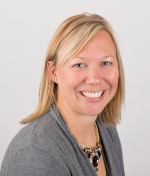
Shannon Williams, director of patient financial services, Kirby Medical Center in Monticello, IL, shares the importance of being an avid learner, asking questions, and understanding that you can’t do your job alone. Rely on your team and network.
Why do you think engaging in HFMA’s community is important?
Engaging in the HFMA community is important to me as a professional because it provides training and education that has allowed me to grow in my career. The tools that are provided by HFMA allow me to assist my peers and staff to further their healthcare knowledge and careers. It opens the door for new opportunities and lifelong friendships.
Why did you join HFMA?
My reasoning for joining HFMA is probably different than most. I was working on my bachelor’s degree and my capstone project. My CFO provided some guidance and suggested that I get involved in HFMA. I hadn’t thought about being a person who assists with planning events and serving on a board, but by doing this it made me step out of my comfort zone to try something new in my career. I started by volunteering with my local chapter and completed my CRCR. I realized HFMA is an important part of a healthcare finance professional’s career and that it’s important to stay active in your chapter as well as your region. Joining HFMA was one of the best decisions I ever made.
Meet Mike Nichols
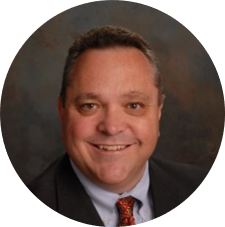
Mike Nichols, FHFMA, senior director of reimbursement at University of Illinois Hospital, says he is passionate about his career in reimbursement and compliance. It all started when he realized that most people working in the healthcare field want to serve others and give back to their communities.
What advice would you give to someone just entering the healthcare finance field?
The majority of people I know in the healthcare industry are here to serve others or give back. If you’re not wired that way, healthcare may not be the best fit for your career plans. The other thing is to be exposed to as many facets of healthcare finance as possible. You don’t want to be type cast into one role for your entire career.
Who inspired you to pursue healthcare finance as a career path?
I first became interested in healthcare during college recruitment. The audit manager that recruited me to become a Medicare auditor told me that I would be able to “help the hospitals,” which sounded pretty cool to me. I always wanted to give back to healthcare because I was accident prone as a child. Because I wasn’t smart enough to become a nurse or doctor, healthcare finance would be good for me.
After several years of preparing and reviewing cost reports, I wanted to broaden my horizons and get into compliance. A hospital CFO told me that compliance was basically a “dead-end” job. That was totally the wrong thing they could have said at that time because compliance permeates every aspect of healthcare. In the end, it all worked out because I am still doing well in the traditional and evolving world of reimbursement.
What is the best professional advice you have received?
Take every bad managerial experience you have ever had, remember it, learn from it, and do exactly the opposite. It is basically the “golden rule.” Treat others as you want to be treated.
Meet Sandy Lood
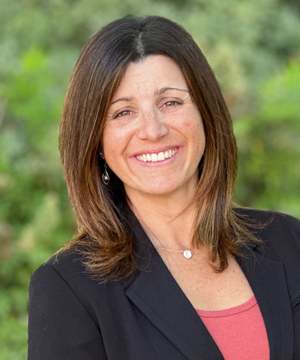
Sandy Lood, VP of revenue cycle at Cottage Health in Santa Barbara, shares the rewards of approaching every patient, encounter, account and claim with compassion, integrity and accuracy. Lood says this type of revenue cycle discipline is critical to the success of healthcare organizations.
Why do you think engaging in HFMA’s online Community is important?
HFMA’s Community is a self-service platform to share and gain knowledge, while collaborating with others. HFMA communities support strong networking and relationship building. An added bonus is when you have the opportunity to meet online Community members in person at live HFMA events.
What is the best professional advice you have received?
I am fortunate to have had a director who cared and invested in me. To this day, he is still my favorite boss. He once told me to never make a career move based on compensation. The drive should be to learn as much as you can, so you invest in yourself. The more you are willing to learn and expand your scope of responsibility, the compensation will follow. He was so right! Now, I tell all my team members to take advantage of learning opportunities. The knowledge you gain is so valuable in both the short and long game.
What was the path to your career? Were there any unusual side trips?
My career path was definitely a winding road. I had no idea what RCM was until I needed a full-time job. I was blessed that I was able to work part-time on an acute-care unit while my sons were younger. I took a chance and applied for a revenue integrity analyst job with zero revenue integrity skills. I had the Excel and analytical skills, so I got the job. I jumped around a bit, but quickly became manager, then a few years later director, and a year later VP.
Most folks don’t enter the workforce and think, “I want to work billing and follow up.” We all kind of “end up” here and love it. The smartest career moves I made were the lateral ones that allowed me to learn and grow.
Meet Trent Chastain
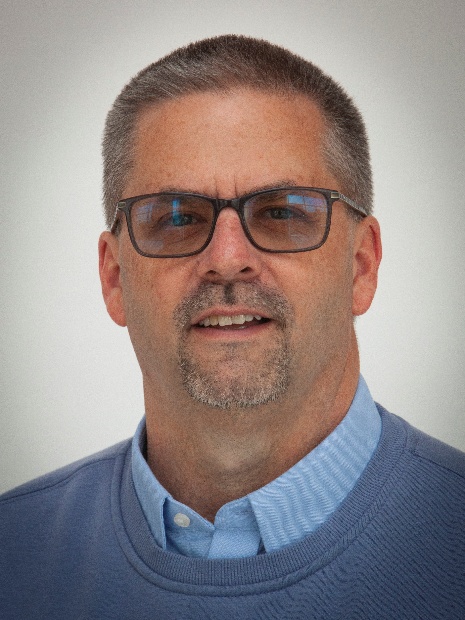
Our latest HFMA Community Member Spotlight features Trent Chastain, revenue cycle director, Hendricks Regional Health, Danville, Indiana. He lives by the rule to never be satisfied with your accomplishments and always continue to strive for improved performance.
What advice would you give to someone just entering the healthcare finance field?
Be curious and ask a ton of questions along the way. Also be aware that you must keep up with changes at both the legislative and payer levels.
What is the best professional advice you have received?
To never be satisfied with yourself and your team’s accomplishments. I was also told if you have competition in anything you do, your standards are too low.
What was your path to your career? Were there any unusual side trips?
I didn’t start out saying I wanted to be in healthcare finance; however, I was always good at math. My first job in 1982 was as a file clerk in the medical records department. Next, I moved to the business office and within a couple of years, I ended up in healthcare management. I have pretty much been in healthcare financial management ever since.
Meet Chad Krcil
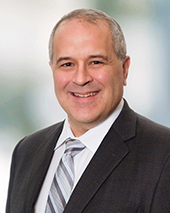
Our latest HFMA Community Member Spotlight features Chad Krcil, FHFMA, an active HFMA member and chapter leader. He served as the Colorado Chapter President, on the Regional Executive Team for Region 10, and most recently on the Leadership Engagement & Advancement Network (LEAN). Chad is a managing director at BDO USA.
What is your experience with HFMA’s Community?
The HFMA community has been one of the most important aspects of my career. It has allowed me to become the person and professional I am today. It has expanded my network and allowed me to become a part of other professionals’ networks, which has enhanced my healthcare career.
Why did you join HFMA?
I joined HFMA to belong to an association of healthcare finance professionals, build my network and brand, and become recognized in healthcare finance. I continue as an HFMA member because while all of this is true, I found something very unexpected. I found friends and built lifetime friendships that I consider my HFMA family. I can rely on any of them to be there when I need them.
What topics or areas of expertise should fellow members contact you about?
With more than 30 years of healthcare experience, I have gained valuable knowledge in Medicare/Medicaid reimbursement, reporting and compliance, and revenue cycle and financial assessments. I also have gained valuable insights through HFMA educational events. I have parlayed all of this knowledge and experience into a career to become a valuable resource for the organizations I work for and clients that I serve.
What advice would you give to someone just entering the healthcare finance field?
Join HFMA, be engaged, volunteer, take part in education and networking events, and return the favor and present education. Never stop learning. Take advantage of everything HFMA has to offer regarding education and certifications to become a sought-after healthcare finance professional. Build your network, name, brand and HFMA family.
Meet Ryan Downs
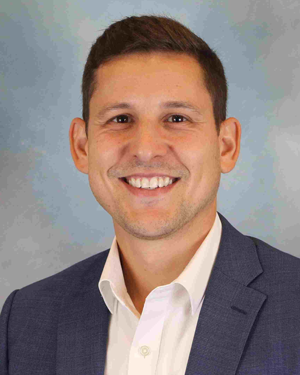
Our latest HFMA Community Member Spotlight features Ryan Downs, CRCR, CHFP, CPA, Founding Partner, Real Partners Consulting. Ryan says recognizing the challenges of others and showing sincere appreciation for their work is essential to professional success.
Why do you think engaging in HFMA’s community is important?
It is where real conversations happen. There’s no sales pitch, red tape or concerns about scope creep. It’s just a group of professionals facing similar challenges, willing to help each other through those challenges.
Why did you join HFMA?
My journey with HFMA started simply as a means to expand my network, but it has quickly become a second home for me. I genuinely look forward to HFMA events and embrace the invaluable opportunities to learn, contribute and collaborate with industry leaders.
What topics or areas of expertise should fellow members contact you about?
I’ve built an organization that helps members navigate their revenue cycle challenges. I know I’m not always the best person to answer all questions, but I can always promise to help you find the person who can!
What advice would you give to someone just entering the healthcare field?
Be curious! The industry is complex, but curiosity leads to clarity. Learn the why behind numbers, seek mentors, and get involved in communities like HFMA to accelerate your impact and career.
Meet Ken Lanning
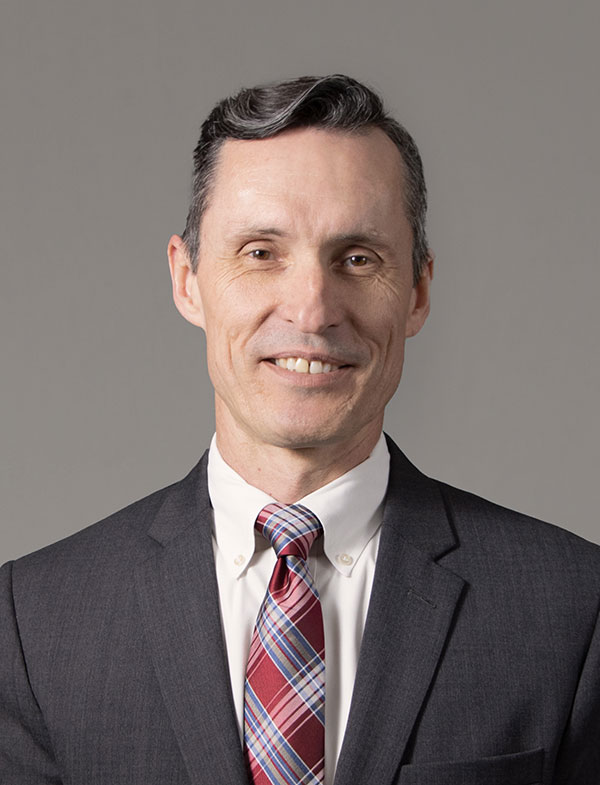
Ken Lanning, executive director of revenue cycle, Golden Valley Memorial Healthcare, shares the importance of delegation and trusting your team.
What is your experience with HFMA’s Community?
My experience has been fun, including serving on committees and attending local and national meetings. Meeting and learning from others in similar positions from across my region and the country is invaluable.
Why do you think engaging in HFMA’s online Community is important?
There is a wealth of knowledge and experience you can draw from interacting with fellow members. Interacting with the HFMA Community is a great way to stay up to date with the latest developments in our industry.
What advice would you give to someone just entering the healthcare finance field?
First, join HFMA. Then take advantage of every learning opportunity that comes along, whether it is webinars, seminars, or especially hands-on experience in your facility. Get involved and learn about every aspect of the revenue cycle.
Meet Mike Rossi
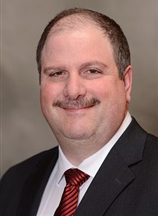
Our latest HFMA Community Member Spotlight features Mike Rossi, director of government reimbursement at Penn Medicine. He shares an important piece of advice: “Never stop learning and always seek something new to learn.”
What is your experience with the HFMA community?
I have found a community feel throughout HFMA experiences, and the online Community reflects that sense of belonging. I started using the online Community when I was the Regional Executive for Region 3. Since then, I’ve joined several other groups and mainly actively participate in the Government Reimbursement Executive Council group.
Why do you think engaging in HFMA’s community is important?
Fundamentally, HFMA’s community of healthcare finance professionals offers the ability to connect with any number of people on any given topic. For example, in the online Community, whenever I have posed a question, there is no shortage of responses from my peers, and I can usually count on having different people respond each time. HFMA Community has opened up my ability to network outside of my physical location.
What topics or areas of knowledge should fellow members contact you about?
I’ve spent my entire career in the Medicare Cost Report space, developing my expertise in medical education and organ acquisition. I’ve worked as an auditor and now for a major health system, so I bring both sides of the spectrum into everything I do.
What advice would you give to someone just entering the healthcare finance field?
Aside from joining HFMA, I would say find a mentor and don’t be afraid to attend education sessions that might not be directly relevant to your job. Being able to contribute to conversations goes a long way toward career advancement. Never stop learning and always seek something new to learn.
What is your most-valued HFMA certification, course or webinar?
Hands down, the new Certified Hospital Cost Report Specialist certification. I was part of the beta-test team for the exam, and I’m proud to show off my mastery of a complex field of study.
Meet Shannon Uhrmacher
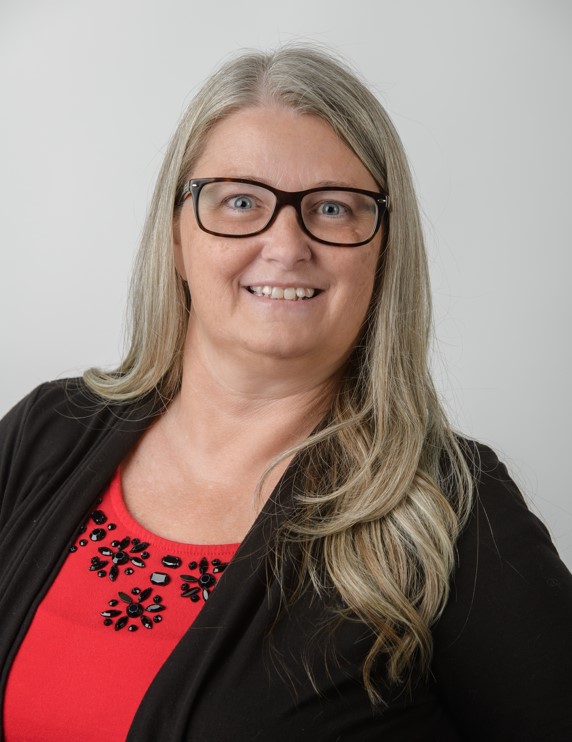
Shannon Uhrmacher is the director of chargemaster services at Coding and Chargemaster Specialists LLC in Franklin, TN. Learn how she transitioned to a healthcare finance role, what drives her passion for her current work, and how continuing education has boosted her career.
What is your experience with HFMA’s Community?
The HFMA Community has been a very good resource. One thing I have always thought about the healthcare field is that most everyone makes you feel welcome and like you are in a community. If there is anything someone needs and another person has it, they never hesitate to share that information.
Why do you think engaging in HFMA’s Community is important?
I think engaging here is important as it is a way we can help one another. We really are all in this together and to be able to help someone else through an issue is a great feeling! I have been able to help people with my responses, and I have also gotten help from others when needed. There is plenty of support in the HFMA Community to help us through any issues.
Why did you join HFMA?
I joined HFMA upon the suggestion of the CFO at my first job in healthcare and have stayed with it through most of my healthcare career. At the time, I joined because she suggested it, but over time, it has become an invaluable resource for networking and learning.
Are there any certifications, courses or other HFMA education that has been particularly helpful to you in your career?
I currently hold the Certified Revenue Cycle Representative (CRCR) certification. I feel this one best fit my day-to-day work and gave me a broad overview of the revenue cycle. There are a few other certifications that I have my eye on, and HFMA makes it easy by including that in our membership fees. I would encourage everyone to take advantage of that great benefit! I have also utilized the different e-learnings and webinars that have been offered to help keep up on what is going on in the revenue cycle. It’s all been very helpful to keep me current.
Meet Seth Katz
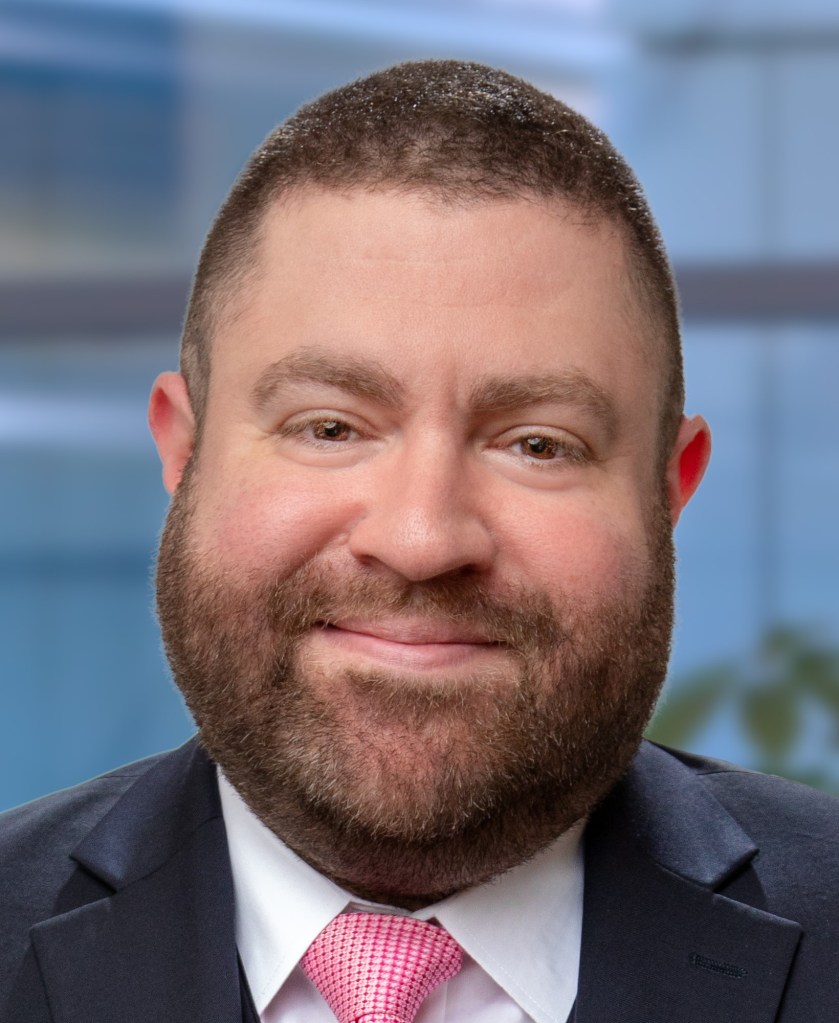
This month’s HFMA Community Member Spotlight features Seth Katz, VP of health information management and revenue cycle, University Health in Kansas City. Read how the power of saying “yes” was key to Katz’s career success, as well as Katz’s take on the biggest misconceptions about revenue cycle work.
What topics or areas of expertise should fellow members contact you about?
I like to think of myself as a healthcare futurist (a title I borrowed from a speaker I heard years ago). I’m passionate about not only envisioning the future of healthcare but also crafting the strategic roadmap to make it a reality. If you’re interested in more than just debating what’s next but actually building toward it, give me a call.
What is the worst professional advice you have received?
I often joke that the worst professional advice I ever received came from my dad. When I was 14 and eager to land my first job, he suggested I fudge the truth a bit on my application and say I was 15. It seemed harmless enough, especially since my 15th birthday was just a week away. But during my first interview at a fast-food restaurant, the very first question was about my age. I confidently said 15, but when they followed up by asking when my birthday was, I replied, “next week.” Their response? “Oh, so you’ll be 16!” Realizing I was caught, I had to admit the truth, and needless to say, I didn’t get the job. I teased my dad about that advice for years.
What is the best professional advice you have received?
The idea that it’s okay to leave things until tomorrow is a lesson I had to learn the hard way. When I first took over facility coding, it felt like my first big responsibility, and I found myself obsessively monitoring the DNFC, panicking over every dip. One day, my mentor noticed my stress and asked, “Have you ever received an email from me after hours?” It caught me off guard, and I realized the answer was “no.” She explained that when she left work, she was done. The work would be there tomorrow, and that was okay. “It’s what you do for a living, not your life,” she said—a lesson that stuck with me.
What was your path to your career? Were there any unusual side trips?
My journey to becoming the Vice President of Revenue Cycle was anything but conventional. I began my career as a manager overseeing our health system’s paper chart rooms, where I led a team responsible for pulling and refiling medical records around the clock, every day of the year. From there, I progressed to the role of Director of Health Information Management, which opened doors into the IT realm. I took on oversight of critical areas such as the Project Management Office, Nursing Informatics, and IT Training. This growth in IT leadership led me from an Associate Administrator position to becoming the Associate Chief Information Officer. In 2020, our CFO approached me with an unexpected opportunity to lead the entire Revenue Cycle, a challenge I embraced and that ultimately brought me to where I am today.
Meet Zachary Heward
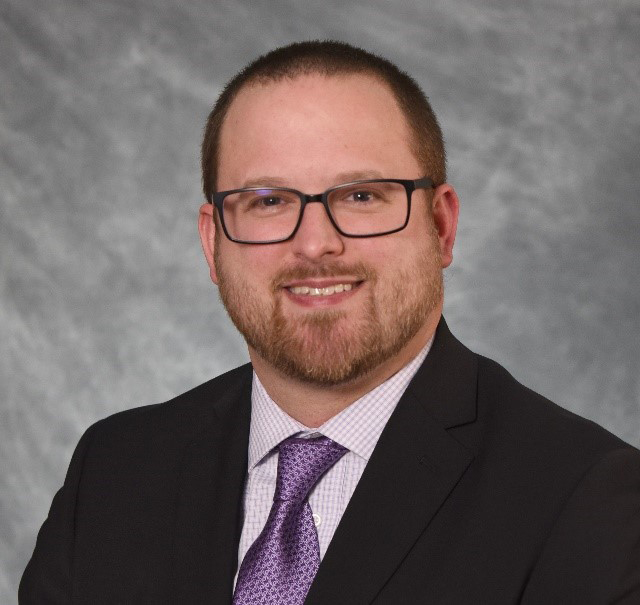
Our latest HFMA Community Member Spotlight features Zachary Heward, patient financial services manager at Rochelle Community Hospital in Rochelle, IL. Heward shares his passion for rural health and his move from clinical care to healthcare finance.
What is your experience with HFMA’s Community?
I have had a positive experience with the HFMA Community. I love that it connects revenue cycle professionals together from across the spectrum. From small critical access hospitals (CAHs) to large health systems to vendors and consultants, I appreciate how everyone can weigh in on a topic or question and provide their expertise.
Why do you think engaging in HFMA’s Community is important?
I know how much I appreciate the ideas and input from others, so I try to be active in the HFMA Community when I can offer information or input on a process or question. We all learn from others, and the HFMA Community is a way to connect us virtually.
What topics or areas of knowledge should fellow members contact you about?
I do have a passion for CAHs and rural health. I’m always open to offer suggestions or ideas on how I’ve seen challenges or issues addressed from a CAH approach.
What is the best professional advice you have received?
I remember having to make some hard decisions and was reluctant because I feared losing some employees in the process at a time when our team was already short staffed. The “what if” fear was preventing me from making the needed decisions. An older and wiser mentor told me, “You can’t make a decision — or hold back from making a decision — based on the fear of “what if.”
She was right, and in hindsight, I don’t even remember whether there was a negative repercussion from the tough decisions or not. I clearly had built up the, “what if” fear unnecessarily.
Meet Mary Beth Remorenko
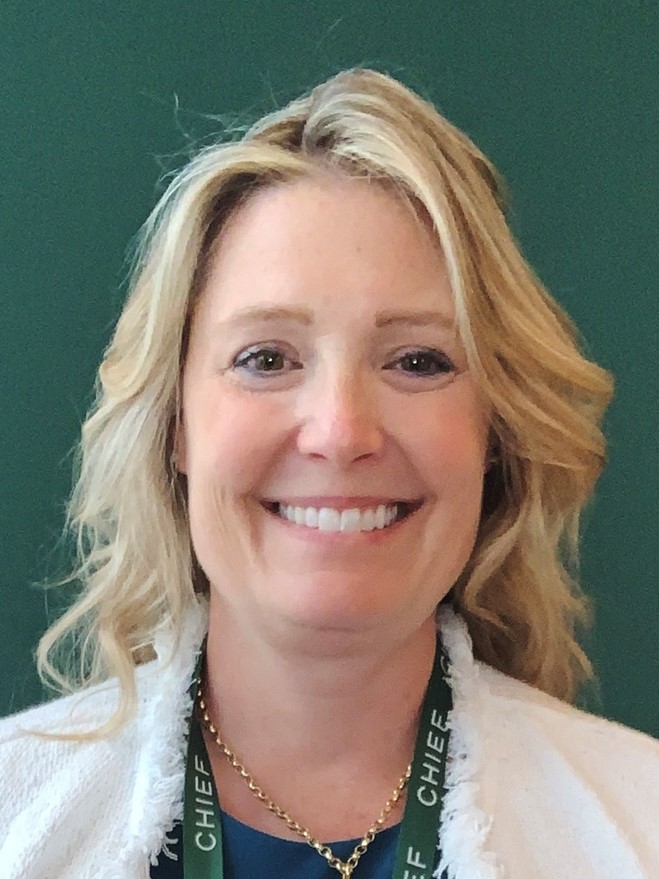
Our latest HFMA Community Member Spotlight features Mary Beth Remorenko, VP, revenue cycle operations, Mass General Brigham in Boston. Learn how she pays attention to leadership styles to incorporate strategies that drive her success.
Why did you join HFMA?
I joined HFMA to keep myself current on industry changes and best practices.
What advice would you give to someone just entering the healthcare finance field?
Rotate through different areas to see the field from different angles and learn as much as you can about how the work gets done and the systems involved.
Who inspired you to pursue healthcare finance as a career path?
My undergraduate professor, Dr. Lieberman, inspired me with his depth of knowledge of healthcare finance and the challenges associated with it. He demonstrated how you can apply tried-and-true business principles in the healthcare environment and make an impactful difference.
What is the worst professional advice you have received?
Don’t move up too fast and get golden handcuffs. The pace of everyone’s career is different at different times in their life and depends on many factors. If the move feels right, go for it.






